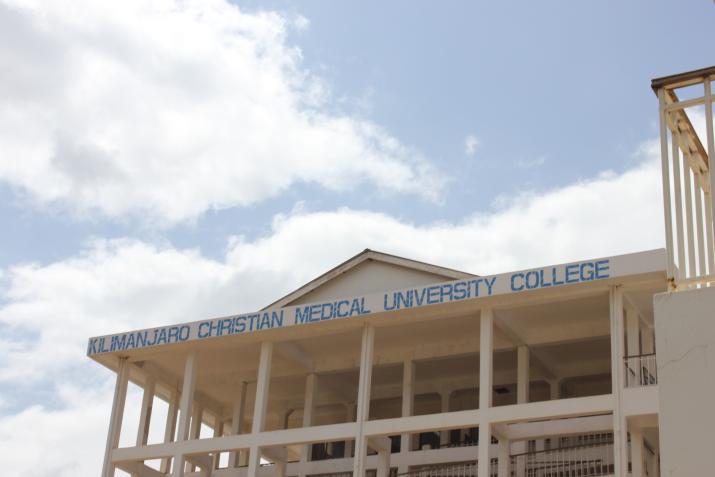For more than a decade, faculty and staff at the Duke Global Health Institute have worked alongside Tanzanian partners at the Kilimanjaro Christian Medical Centre (KCMC) to build the capacity for conducting global health research. Early next year, KCMC will move into new territory with a more centralized system for managing a growing research portfolio.
Administrators at KCMC will establish an office of research administration to manage financial, administrative and logistical aspects of research, including grant proposal writing, manuscripts and other reports and paperwork. KCMC staff say the new office will not only free up time for researchers, but it help promote more research in the future.
“We are excited about the new office to support our research efforts since it has been one of our greatest needs recently,” said Moshi Ntabaye executive director at KCMC. “The office will relieve our scientists from dealing with administrative tasks associated with their projects and enable them to more fully concentrate on the science of their work.
A team from KCMC recently visited DGHI to learn how the Institute structures its research support, staff and roles.
“This is a big step forward for our partners at KCMC,” said John Bartlett, professor of medicine and global health and associate director for research at DGHI. “It’s our role to work with our international partners on building greater capacity for global health research and training in-country. This is a great moment because our KCMC partners are committed to making their research efforts as efficient as possible so they can make the greatest impact.”
To date, the KCMC-Duke collaboration has produced key findings that have translated to health care delivery in Tanzania. For example, researchers have found that fever is more often the sign of a bacterial infection or disease from an animal -- not malaria. Researchers have also discovered that mobile voluntary HIV testing is effective in attracting high-risk populations and that dry blood spot samples can be an alternate method for HIV diagnosis in low-resource settings.



